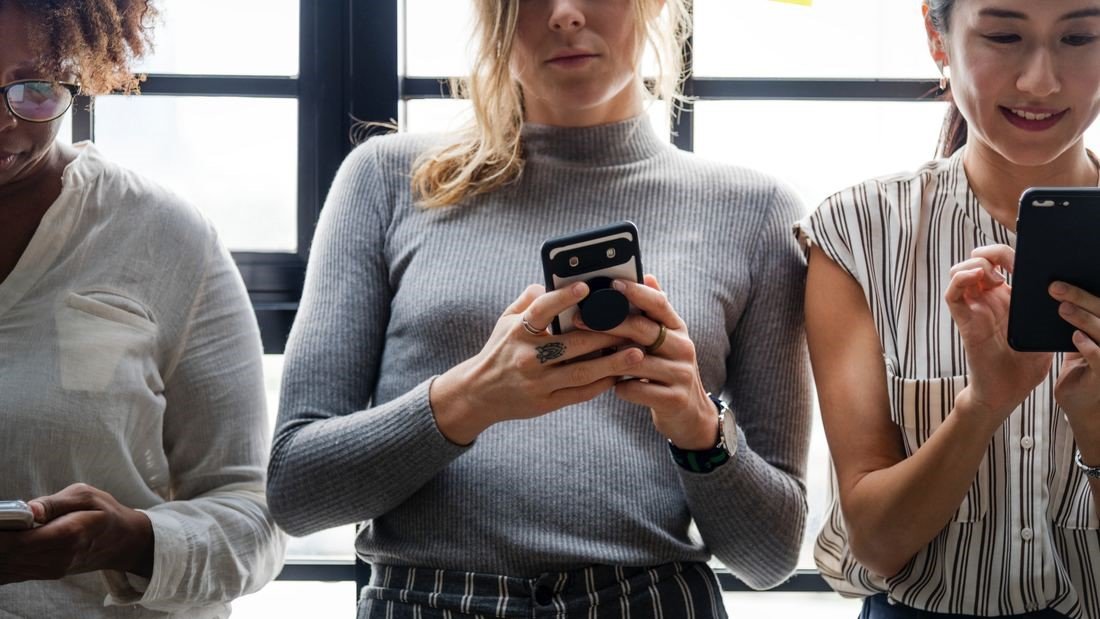Smartphone Addiction- Recognizing the Signs and What You Can Do About It
Did you know that over 90% of Americans own a smartphone? While there is no clinical diagnosis for cellphone addiction (yet), cellphone addiction is a very real thing, and it could be negatively impacting your life in more ways than you know. Cellphone overuse has been linked to eye strain, neck problems, car accidents, and even symptoms of anxiety and depression. Studies have shown that, like drugs, cellphones can trigger the release of oxytocin and dopamine, the “feel good hormones,” and because most of us have our phones with us all the time, it is very easy to use them to the point where it begins to negatively impact our lives.
Here are some common signs that you may be addicted to your cellphone:
You find yourself spending more time on your smartphone than you realize—Have you browsed through your phone recently, thinking you were only doing so for five minutes, only to look up and realize that an hour has gone by?
You use your smartphone to mindlessly pass the time, when you could (or should) be doing other more productive things.
You fall asleep with your smartphone either right next to you or under your pillow
You are distracted from your work and relationships because you are constantly checking emails, texts, or scrolling through social media apps
You are distracted by your smartphone while driving
You check your phone when you’re feeling bored or uneasy, as a way to distract you from what’s going on around you
If many of these signs resonate with you, you may want to rethink how much time you are devoting to your smartphone. Fortunately, breaking your cellphone addiction doesn’t require you to break up with your smartphone completely. Here are some things you can start doing right now to set yourself up for success.
Figure out how much time you spend on each application
By going into your settings, you can easily find out what percentage of your day and even week was spent on each of your apps. Finding this out can help you figure out which specific apps you spend most of your time on. You may be surprised by what you find. For most of us, the majority of our time are spent on apps that we use relatively mindlessly, whenever we are bored like Facebook and Instagram).
Pay attention to body cues
Do you reach for your phone when you’re bored or maybe even anxious? Listen to what your body is trying to tell you, and ask yourself how your phone will make you feel better. More often than not, the “good” feelings you get from your phone is only a temporary fix. Figure out other coping skills to provide positive outcomes. Yoga, meditation, exercise and long walks are a few examples of more positive coping skills
Create some barriers
If you determine that you spend too much time mindlessly scrolling, you can set up some ways to make yourself more mindful of your usage. This could be something as simple as sticking a post-it note on top of your phone, or even changing your lock screen passcode every day. These barriers force you to be cognizant, and help you break the habit of looking at your phone every time you have a free second.
Practice separating yourself from your phone
Start small and work your way up to longer periods of time where you do not have your smartphone on you. For example, you could practice leaving your phone at home while you take a ten- minute walk outside, and eventually work your way up to going out to dinner without your smartphone. This also gives you a chance to notice what is happening around you and what your body is trying to tell you. Being more tuned into your surroundings and even to yourself will provide not only physical benefits but also improve your mental health.

